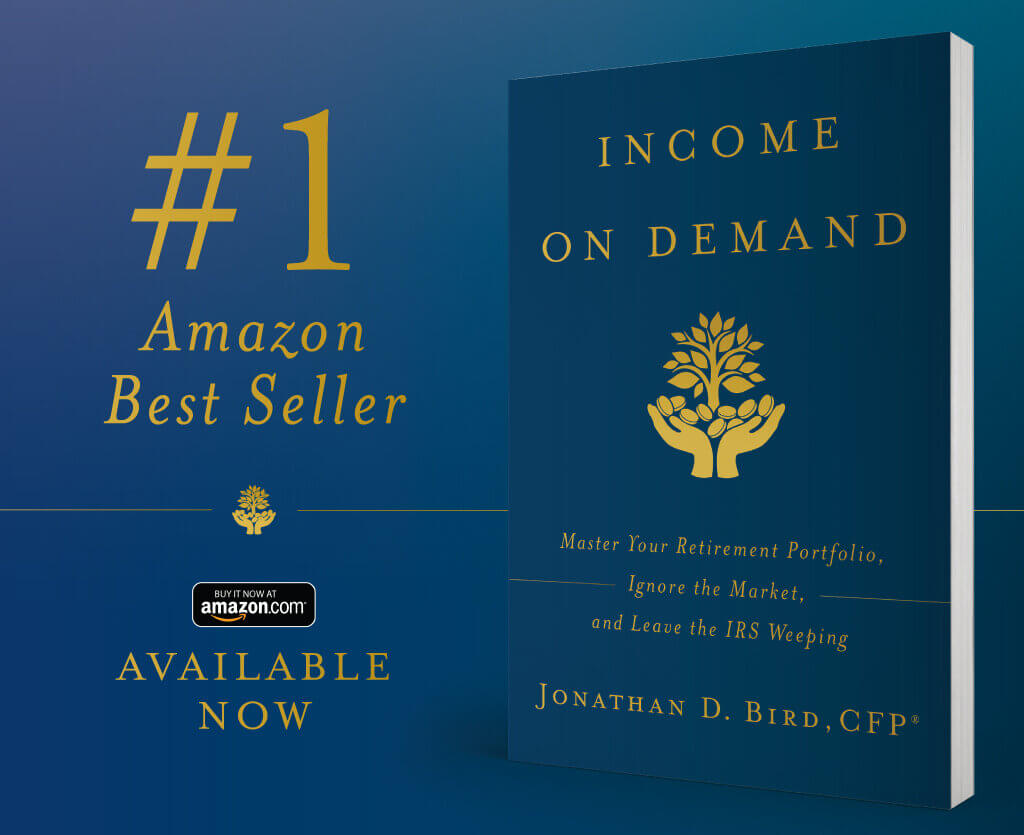When I lay out my case for the sell-from-growth strategy, I’ll sometimes get pushback from my own clients. “Yeah, I hear what you’re saying,” they’ll say, “but this country’s political division has never been worse, and plus, look at what’s going on abroad right now.”
If you’re reading headlines it’s easy to be pessimistic about the future. I’m not. I believe wholeheartedly that America will continue to prosper over time and that American business will continue to thrive. I don’t mean to diminish the challenges and trials we face. We will continue to be confronted with economic recessions, natural disasters, pandemics, and wars. But our economy is based in a system of capitalism that, while not perfect, has produced incredible bounties and an improved standard of living far excess of what we could have hoped for in 1776.
To appreciate just how far we’ve come, consider some of America’s past titans of industry and what their billion-dollar fortunes afforded them versus what most Americans can afford today. Neither Vanderbilt, nor Carnegie, nor Rockefeller could have enjoyed the benefits of cheap internet access and the scope of humanity’s knowledge that comes with it. They didn’t have cheap and convenient air travel across the globe, or the medical procedures and drugs that save and prolong countless lives today.
In 1950, real GDP per capita was $14,000. Today, it’s $58,000. As a society, of course we still have work to do. But that represents a real gain of more than four for one in terms of improved standard of living. It means that Americans are living today far better than really at anytime in human history. Our access to food, housing, healthcare, transportation, entertainment—it’s all improved dramatically over the last seventy years. That’s only two generations. Going forward, if our gains are even 2 percent per year, that means the next generation is going to have about twice the standard of living that we enjoy today. That’s the power of compounded growth.
Consider this: Household net worth rose from $127,226 in 1980 to $728,765 in 2016. The homeless population nationwide fell by more than 25 percent between 2005 and 2017. Violent crime fell by 38 percent in the same period.
Nick Murray, a well-known author on financial matters, has an important statement on optimism worth sharing: “Optimism is the only long-term realism. Optimism is the only worldview that squares with the historical record.”
Truth be told, the conventional approach to retirement income based in dividend-paying stocks is an expression of optimism. Those investors are still choosing a company that they expect will maintain and or grow more profitable over time. The difference is, rather than getting income by selling shares, they’ve chosen to get it by taking dividends. From a philosophical point of view, there’s not much difference between the old, conventional approach of dividend-paying stocks versus the index fund growth strategy I’ve outlined. All that’s really changing is the mechanics of how you take the income.
So, if you’ve invested in the market, whether you realize it or not, you’re an optimist. Welcome to the club!
Want to learn more about how to gain peace of mind with your investments?
Check out my book Income on Demand on Amazon to build your financial castle.
Contact Us to learn more about how Farnam Financial can help you achieve your goals.

Jonathan Bird, CFP®
Farnam Financial LLC (“Farnam”) is a registered investment advisor offering advisory services in the State of Arizona and in other jurisdictions where exempted. Registration does not imply a certain level of skill or training. The presence of this website on the Internet shall not be directly or indirectly interpreted as a solicitation of investment advisory services to persons of another jurisdiction unless otherwise permitted by statute. Follow-up or individualized responses to consumers in a particular state by Farnam in the rendering of personalized investment advice for compensation shall not be made without our first complying with jurisdiction requirements or pursuant an applicable state exemption.
All written content on this site is for information purposes only. Opinions expressed herein are solely those of Farnam, unless otherwise specifically cited. Material presented is believed to be from reliable sources and no representations are made by our firm as to other parties’ informational accuracy or completeness. All information or ideas provided should be discussed in detail with an advisor, accountant or legal counsel prior to implementation.




